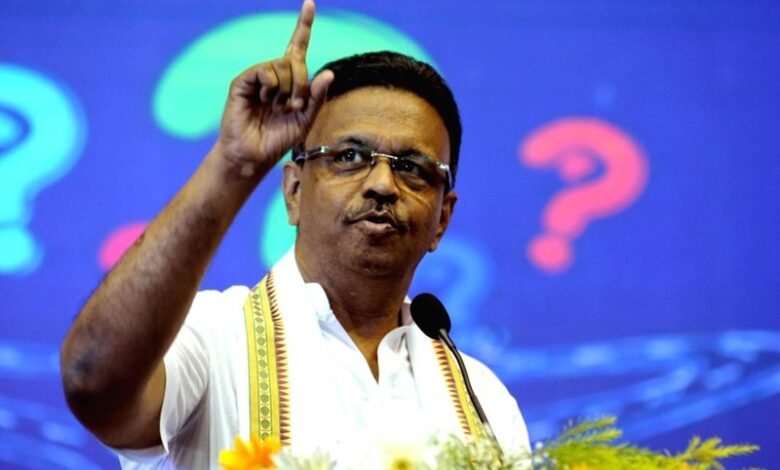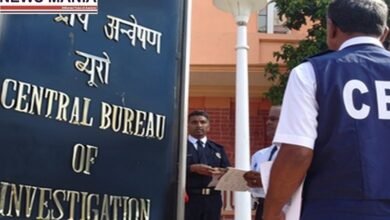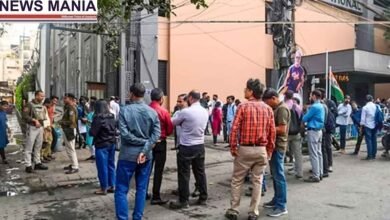Kolkata Mayor’s Speech On Spreading Islam Amongst Non-Muslims Sparks Political Outrage

7TH JULY INDIA POLITICS NEWS AGNIBEENA GHOSH
Kolkata Mayor Firhad Hakim, a close associate of West Bengal Chief Minister Mamata Banerjee, has stirred controversy with his recent speech, in which he suggested that those not born into Islam are unfortunate. His remarks were made during an “All India Quran Competition” event on July 3.
During his speech, Hakim stated, “Those who are not born in Islam are unfortunate! They are born with misfortune. We have to bring them under the fold of Islam.” These comments have ignited a political firestorm, with opposition parties, particularly the BJP, criticizing the Trinamool Congress (TMC) for its alleged appeasement politics.
BJP’s IT cell head Amit Malviya was quick to respond, taking to social media to denounce Hakim’s comments. Malviya accused the TMC of engaging in extreme appeasement politics, which he claims has led to successive electoral victories and post-poll violence in the state. He argued that this approach has emboldened the TMC, leading to increasingly audacious and haughty behavior.
Malviya’s critique went further, highlighting a previous incident involving the public flogging of a woman by a TMC representative, which he likened to a Sharia Court punishment. He noted that the defense of this act by TMC’s Chopra MLA, Hamidur Rahman, who justified it as typical in a “Muslim Rashtra,” had already caused a political uproar and revealed what he called the TMC’s “underlying agenda.”
In his post, Malviya wrote, “The TMC’s penchant for extreme appeasement politics in West Bengal is an open secret. The party’s relentless appeasement politics has paid off, as evident from the successive electoral victories and subsequent post-poll violence, which have emboldened the TMC, making it more audacious and haughty than ever.”
He continued, “Now, TMC heavyweight and Kolkata Mayor Firhad Hakim openly acknowledged this ‘underlying agenda’, by brazenly advocating the conversion of ‘ill-fated non-Muslims’ to Islam to ostensibly please ‘Allah’. These flagrant incidents portend an ominous future, where the TMC’s policy of appeasement will intensify, heralding a day not far off when West Bengal is wholly converted into a ‘Muslim Rashtra’ under ‘Didi’s Anuprerona (inspiration).’”
Hakim’s statements have not only fueled political tensions but also raised concerns about the broader implications of religious and political discourse in West Bengal. Critics argue that such rhetoric can deepen communal divisions and undermine the secular fabric of the state.
In the backdrop of these events, the TMC has faced increasing scrutiny over its policies and statements from its leaders. The political landscape in West Bengal remains charged, with opposition parties leveraging such controversies to challenge the ruling party’s governance and ideological stance.
The controversy surrounding Hakim’s speech exemplifies the delicate and often volatile nature of political and religious discourse in India. As the debate continues, it underscores the importance of maintaining a balanced and inclusive approach in political leadership and public statements.






